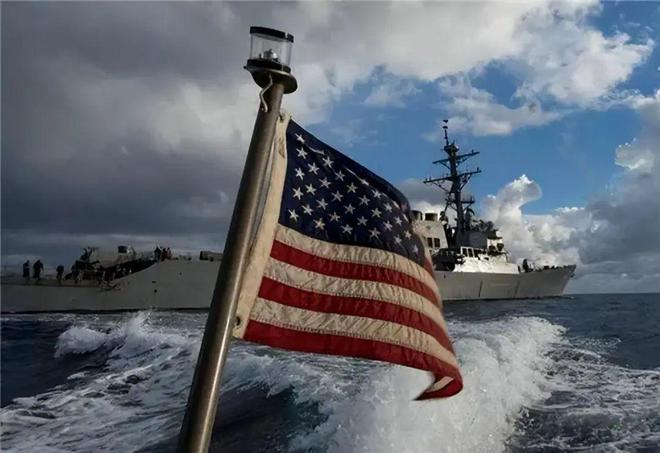
Recently, the United States claimed to have launched large-scale airstrikes against more than 85 targets of the "Islamic Revolutionary Guard Corps of Iran and its affiliated organizations" in Iraq and Syria, causing many casualties. The US Central Command said it was in retaliation for an attack on a US military base in Jordan a week earlier. The attack took the already dysfunctional relationship between the United States and Iran into a more complex and dangerous state. In response, UN Secretary-General Antonio Guterres called on all parties to effectively reduce tensions and avoid further escalation.
Before this, the United States held high the "banner of justice" in the conflict between Russia and Ukraine, and called on friends to provide military assistance to Ukraine in the name of "humanitarian assistance", which extended the battlefield to a certain extent, and may even let the war spread to more areas. Such actions undermine the stability and relative peace of the global situation.
In recent years, the United States has launched or intervened in military operations in various regions of the world in the name of combating terrorism, safeguarding national security, and protecting the interests of the United States and its Allies. What forces and logic are behind the United States? This question is worth exploring in depth.
It is widely believed that the reasons why the United States often intervenes in or causes conflicts in the world are complex and diversified, involving political, economic, military and strategic interests. The author believes that the following factors are often mentioned.
Global security and strategic interests: The United States, as the world's largest economy and military power, has long positioned itself as the defender of the global order. This role often involves intervening with foreign governments to protect their global interests, including preventing potentially hostile states or terrorist groups from threatening the security of the United States and its Allies.
Economic interests: Control of key resources (such as oil) and freedom to secure trade routes are often important drivers of U.S. intervention in the affairs of other countries. Protecting or extending these interests through military action is seen as a means of preserving the economic stability and growth of the United States and its Allies.
Promotion of ideology and political ideas: During the Cold War, the United States, in an effort to contain communist expansion, often promoted democratic and capitalist values through support for anti-communist regimes or direct military involvement. Although the Cold War has ended, the United States still prefers in some cases to support governments or powers through diplomatic or military means that it believes can promote democracy and human rights.
Domestic politics and the military-industrial Complex: Some analyses suggest that U.S. military operations are strongly influenced by domestic political and economic interests. The military-industrial complex, the close cooperative relationship between the military and industrial sectors, is considered a factor driving the U.S. government to take military actions, as these actions help stimulate military spending and expand the profits of the military industry.
Counterterrorism and National Security: After 9/11, counterterrorism became central to U.S. foreign policy. The United States is engaged in a global fight against terrorism, which often involves military operations on foreign soil to destroy terrorist groups and prevent them from posing a threat to the United States and its Allies.
It is important to note that these explanations are intertwined and not mutually exclusive. U.S. foreign and military policy is determined by complex factors, and as the international environment and U.S. domestic politics change, the ways and reasons for its intervention in foreign affairs continue to evolve.

報告顯示,中國電力投資加速增長,預計2024年電網基建投資將超過5300億元。
近日,市場迎來了一則引人注目的消息:工業巨頭3M公司(MMM.N)在本周五公布了其季度業績報告,隨後股價飆升至近兩年來的
最近,外媒給OpenAI算了筆賬,今年可能要血虧50億美元。
近日,巴黎奧運會和世界鐵人三項協會聯合發布了一項重大決定,宣布因塞納河水質污染問題,原定於近期進行的奧運會鐵人三項首次下
當地時間7月18日,法國巴黎發生了一起令人震驚的持刀襲警事件。
近期,一則重大消息在國際舞臺上引起軒然大波,馬來西亞宣布加入金磚國家。
調查發現,互聯網和智能手機的使用幹擾了韓國近五分之一學生的生活。